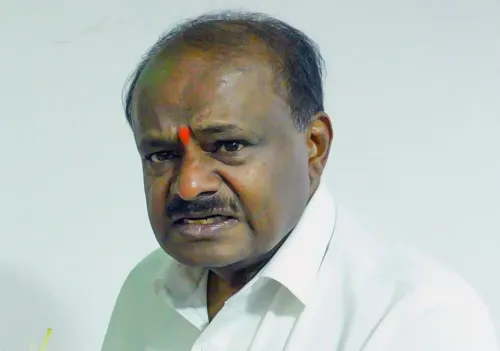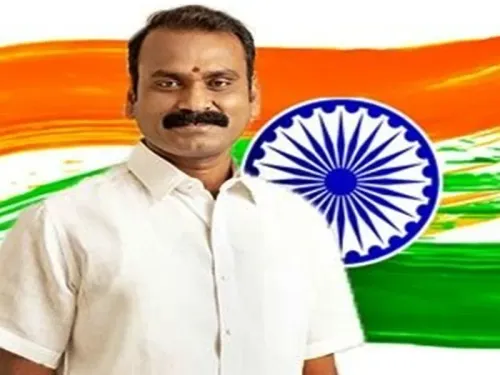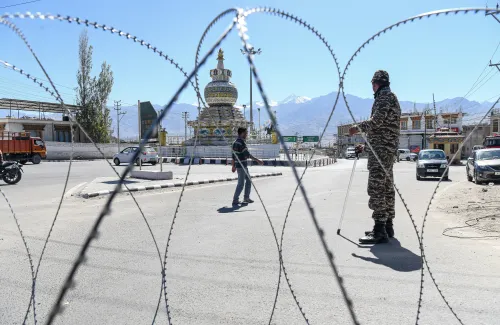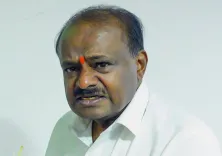Is Tamil Nadu Erasing Caste Markers from Public Spaces?
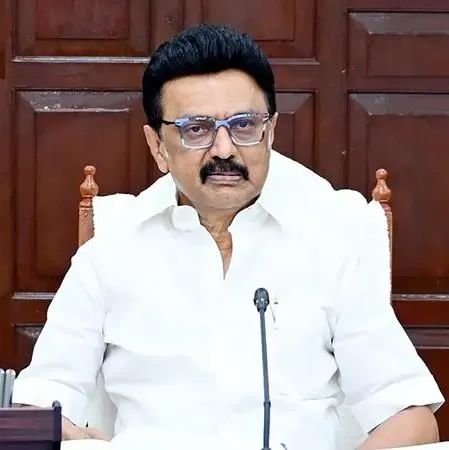
Synopsis
Key Takeaways
- Tamil Nadu government is removing caste identifiers from public spaces.
- Public consultations are essential for community involvement.
- The term 'colony' symbolizes historical caste discrimination.
- Changes will be reflected in important official documents.
- Proposed names will honor social reformers and cultural figures.
Chennai, Oct 9 (NationPress) In an effort to promote a more equitable and progressive society, the Tamil Nadu government has mandated the elimination of caste-related identifiers, including the term 'colony', from the names of roads, streets, water bodies, residential areas, and markets throughout the state.
The directive was issued via a Government Order (GO) by the Municipal Administration and Water Supply (MAWS) Department, following discussions held earlier this year by the Chief Secretary with various departments, including the Directorate of Municipal Administration, Rural Development, and Revenue.
These consultations, which took place on April 1 and May 19, were centered on the removal of names that sustain caste divisions or offend specific communities.
Chief Minister M.K. Stalin previously announced in the State Assembly that the term 'colony'—often utilized in Tamil Nadu to identify settlements historically linked to caste discrimination—would be eliminated from government records and official communications.
'This word has become synonymous with untouchability and social separation', he stated.
According to the GO, local authorities must identify and evaluate names with caste implications before October 14 and engage in public consultations by October 17.
District Collectors have been directed to publish details in the district gazette by October 24, inviting feedback and objections from community members.
Following this, departmental heads are to present recommendations to the state government by November 14. Once approved, the alterations will be validated by local body councils and published in the gazette by November 19.
The order also instructs officials to proceed with care, indicating that if a majority of residents within grama sabhas or area sabhas prefer to keep an existing name, their choice will be honored by the government.
Once names are officially changed, the necessary updates will be made in key documents like caste certificates, Aadhaar cards, ration cards, and property records via e-seva centres.
The GO further proposes alternative naming conventions that honor social reformers and cultural icons, suggesting names such as Mahatma Gandhi, Thanthai Periyar, Perarignar Anna, Kalaignar, Kamarajar, and celebrated Tamil poets for streets and public locations.
Officials assert that this initiative represents a significant stride toward dismantling the remnants of caste-based discrimination ingrained in everyday society and advancing Tamil Nadu's vision for social justice.

